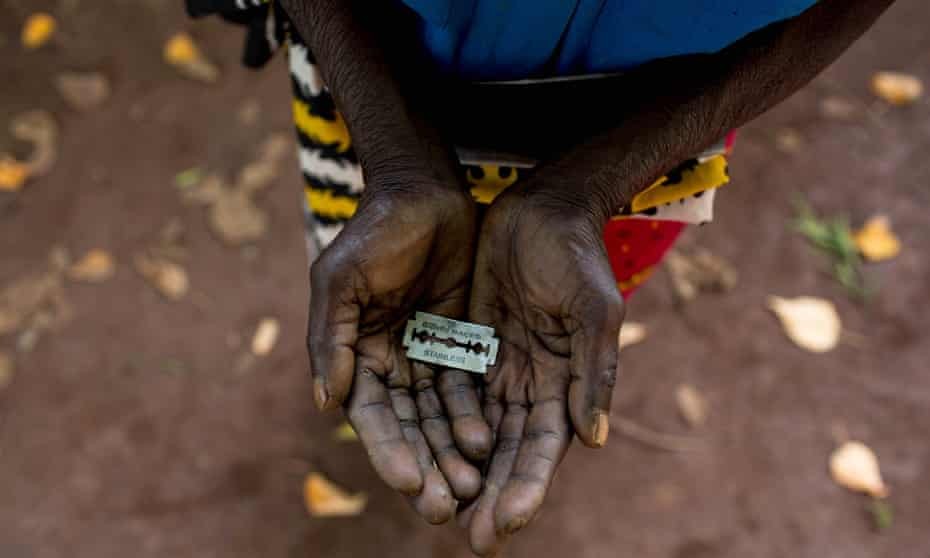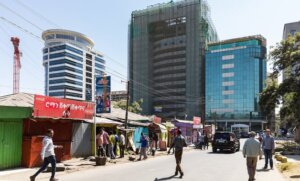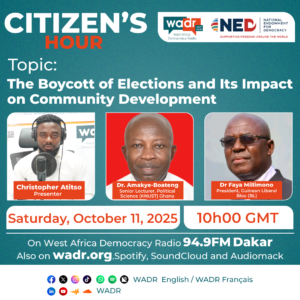Did you know that more than 200 million women and girls who are alive today have been cut?
According to the World Health Organization, Female Genital Mutilation put these women and girls in danger of excessive bleeding, infection and death.
As circumcised girls enter adulthood, they are at risk of chronic problems such as mental health disorders and pain during urination or sex. FGM also may cause life-threatening complications during childbirth.
Despite these risks, the practice has continued largely in the name of culture and tradition. Some communities believe FGM helps prevent premarital sex and helps ensure a wife’s fidelity by reducing her libido.
Within West Africa, the prevalence of FGM ranges from 2 percent in Niger to 97 percent in Guinea, according to data from UNICEF. Gambia, Burkina Faso, Mali and Sierra Leone also have rates at above 75 percent.
In Liberia, the act is still being practised.
Presently, 31.8% of Liberian women and girls are living with the consequences of this harmful practice and many more are at risk.
These women and girls have little choice in this matter, with reports of forced mutilations being common. FGM is heavily entrenched in Liberian culture, dating back many centuries.
Here is more with Atiewin Mbillah Lawson.


















